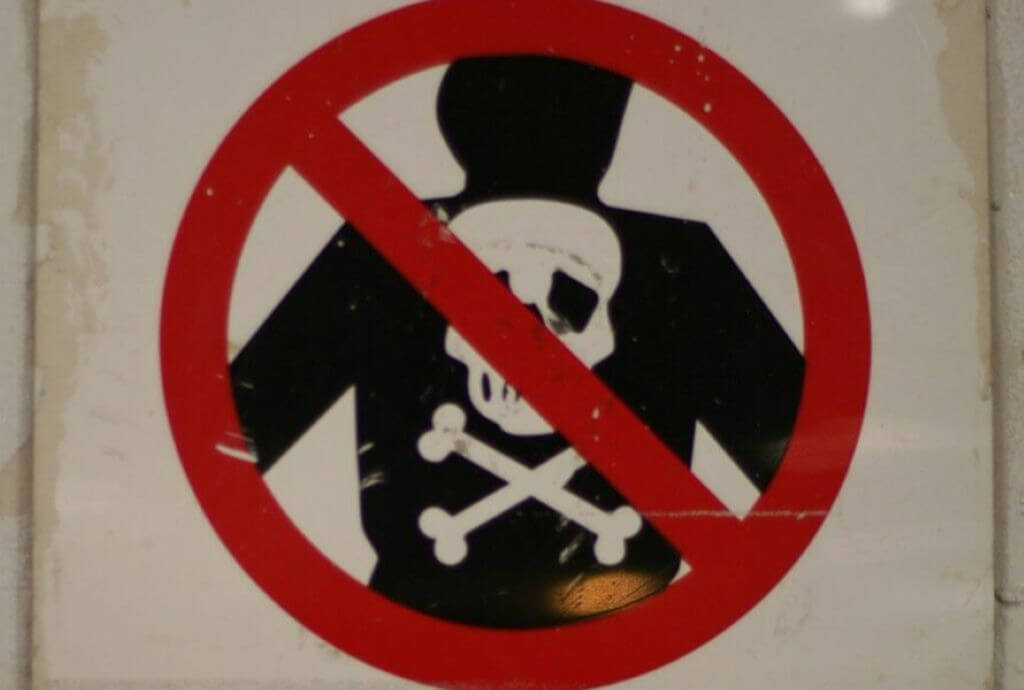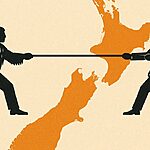In brief
- Trade Me, owned by UK private equity firm Apax Partners, is taking a 50% stake in Stuff Digital.
- This gives it major influence over NZ’s largest digital newsroom, with a shared board and integrated property content.
- Yet unlike Jim Grenon’s 13% NZME stake, there’s been no panic over editorial independence.
- Boucher gets a pass, but Grenon was vilified. The difference? One shares the media worldview. The other challenges it.
Where’s the reaction?
The reaction to Trade Me’s 50% stake in Stuff Digital has been striking for its complete absence. Contrast that with the media outcry over Canadian businessman Jim Grenon’s involvement in NZME, and a double standard becomes hard to ignore.
When Grenon sought board seats at NZME earlier this year after acquiring a 13% stake, media outlets erupted with warnings of editorial interference, political agendas, and a right-wing hostile takeover of The New Zealand Herald.
The government’s Takeovers Panel was convened to investigate. NZME’s AGM was delayed while pundits piled on aspersions, some skirting defamatory slander over dozens of articles and podcasts. Grenon’s support for centre-right views and criticism of declining journalistic standards became central to a hostile narrative.
Now consider the Trade Me deal
The classifieds platform, owned by London-based private equity giant Apax Partners, is taking a 50% stake in Stuff Digital, publisher of Stuff.co.nz and ThreeNews. This gives Trade Me direct strategic and commercial interest in New Zealand’s largest digital newsroom.
Notably, Stuff’s masthead publishing division including The Post, The Press, and the Sunday Star-Times is not part of the deal. But Stuff Digital, which is reported to reach 2.3 million New Zealanders a month, is where the commercial action lies. The partnership starts with property, then likely motors, and eventually more.
A new four-person board will govern Stuff Digital: two from Stuff, two from Trade Me. CEO Sinead Boucher retains the chair role and casting vote. The deal includes rebranding Stuff’s property section as Trade Me Property, integrating listings and editorial content.
Yet there’s been no outrage. No questions about editorial compromise. Headlines call it “strategic synergy” and “pleasing symmetry.”
Why the silence?
One likely answer is ideology. Grenon came as a critic of media culture. Boucher is a trusted insider, a former Dominion Post editor, liked by the gallery and aligned with their worldview. Her commercial ties are assumed to be benign.
But from a governance perspective, Trade Me now has more influence at Stuff Digital than Grenon has at NZME. It also dominates property and motors, industries where editorial tone has commercial impact.
Will Stuff’s coverage soften toward real estate agents? Will consumer reporting tilt toward Trade Me’s marketplace positions?
And what about foreign control?
Trade Me is owned by a UK-based fund. Grenon, at least, is a permanent New Zealand resident. Yet he’s cast as the dangerous outsider. Boucher, the local hero.
Boucher insists editorial independence will remain intact. Trade Me CEO Anders Skoe agrees: “I anticipate that Stuff journalists will continue to write all kinds of stories about Trade Me, whether they are good, bad or even ugly,” he said.
That’s also what Grenon said about NZME. He wanted stronger journalism, higher standards, and commercial health.
He was branded “the Grenonade,” volatile and dangerous through a medium pile-on. But when Boucher drops the “Boomché,” the media barely blinks.



















